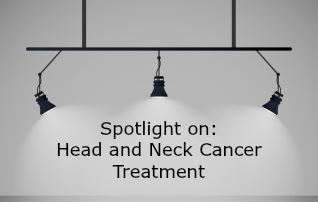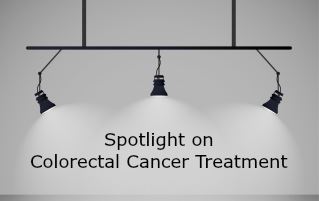Cancer survivors may be better off without alcohol

Limiting alcohol consumption may not only help prevent certain types of cancer. For those living with the disease, it may reduce the risk of treatment side effects, cancer recurrence, and premature death.
A report by the charity Cancer Research UK and the University of Sheffield has estimated that alcohol consumption will cause 135,000 cancer-related deaths in Britain over the next two decades.
That is around 7,000 people killed each year.
The new figures, says Cancer Research UK’s Alison Cox, highlight the importance for “the public [to be] aware of the link between alcohol and cancer, and what they can do to improve their risk.”
Current UK guidelines recommend men and women not to exceed 14 units (140ml) of alcohol per week, but also warn that the risk of getting cancer “start[s] from any level of regular drinking and then rise with the amounts of alcohol being drunk.”
Beyond prevention
The fact that alcohol plays an important role in the development and progression of certain cancers is not new, of course. A substantial body of evidence has established a link between alcohol intake and the risk of developing cancer of the oesophagus, breast, mouth, liver and bowel.
However, less is known about the equally serious impact alcohol can have beyond prevention, in individuals who have already received a diagnosis of cancer.
Treatment safety and efficacy
For one thing, drinking even small amounts of alcohol while on chemotherapy or radiotherapy can increase the frequency and severity of the treatment’s side effects.
This is, for example, the case for oral mucositis (an inflammation of the soft tissues inside the mouth) in cancer patients undergoing radiotherapy of the head or neck.
Additionally, alcohol has the potential to compromise treatment outcomes, by making certain pharmacological therapies less effective, as it was found for the cancer drug tamoxifen in an American study of breast cancer cells, conducted at the University of Houston.
Recurrence more likely
Recent research in the International Journal of Cancer also suggests that patients who have one or more alcoholic drinks per day have an increased risk of their cancer returning more than five years after diagnosis, a phenomenon known as late recurrence.
The association was observed in a sample of over 6,000 women with oestrogen receptor-positive (ER+) breast cancer. It is thought to be the result of alcohol being able to increase the levels of oestrogen hormones that circulate in the blood.
Effects on survival
The above study also found that “post-diagnosis alcohol intake was not significantly associated with late all-cause mortality,” says the lead author, Dr. Sarah Nechuta, an assistant professor of medicine at Vanderbilt University Medical Center, Nashville, Tennessee.
However, the same is not true for other types of cancer.
Take, for instance, the work conducted on patients with head and neck squamous cell carcinoma (HNSCC) by a team of University Hospital Bonn, Germany. It shows that those with heavy alcohol intake had abnormally high levels of a gene called Mediator Complex Subunit 15 (MED 15), and that this raised their risk of dying within one to 12 years of diagnosis to 78 per cent. For those with normal levels of MED 15 this risk is 58 per cent.
Similarly, in a recent European study of HNSCC patients undergoing radiotherapy, researchers “observed a significantly worse prognosis for consumers of alcohol… compared to non-drinkers.” They conclude, in the Journal of Cancer Research and Clinical Oncology, that “the risk of death from HNSCC [within five years of diagnosis] significantly increases when patients are exposed to… alcohol during their therapy.”
The take-home message?
“Alcohol is not only a risk factor for some cancers,” says Richard Kensett, managing director at Alivia Swiss Health UK. “It also appears to have a significant impact on cancer treatment and outcomes, with adverse effects on life quality and duration for those living with the disease. Limiting its consumption just seems a reasonable thing to do.”
Alivia Cancer Second Opinion Service
Through our innovative second opinion service, we can help you get access to the most exciting new cancer treatments and find the most decorated and highly specialised cancer surgeons and oncologists in the world to review your illness.
Creatives designed by freepic.com




